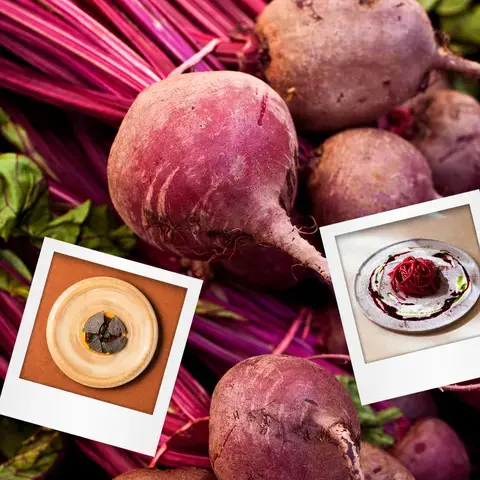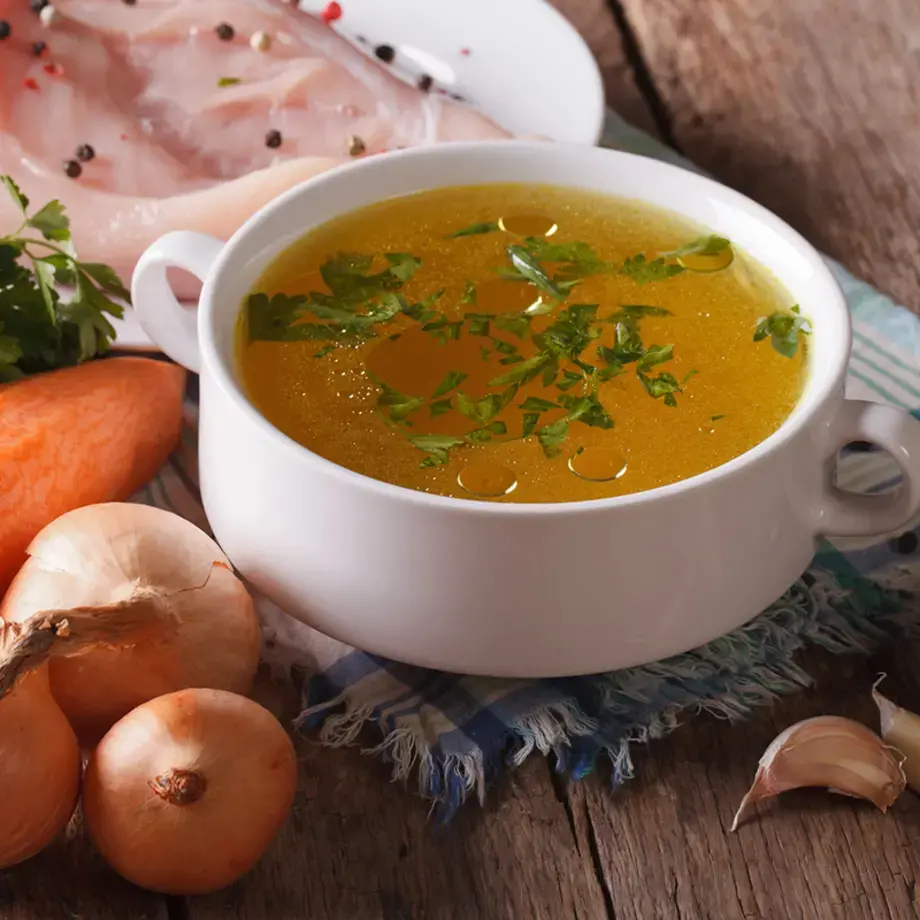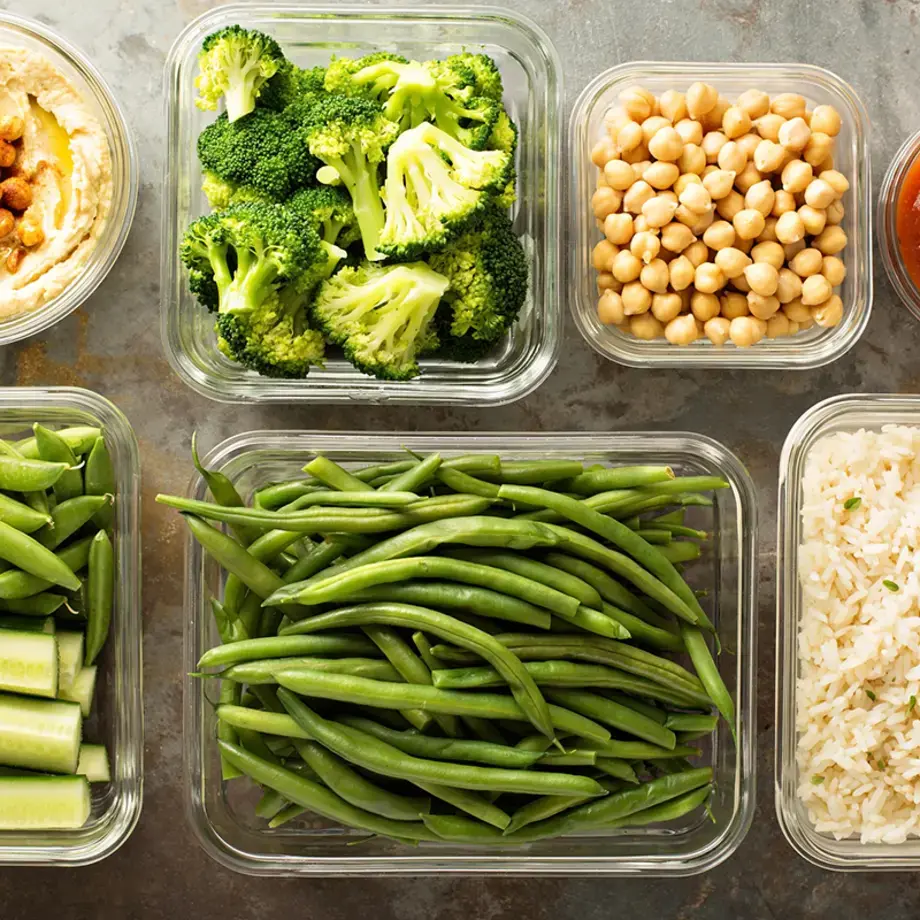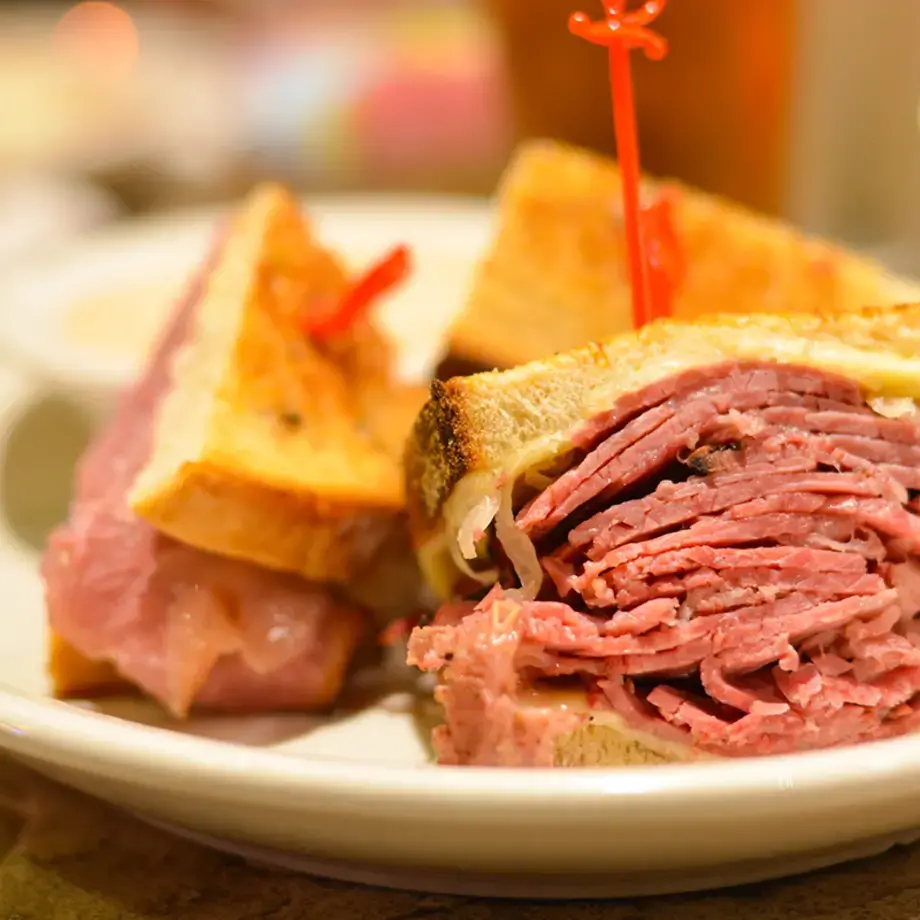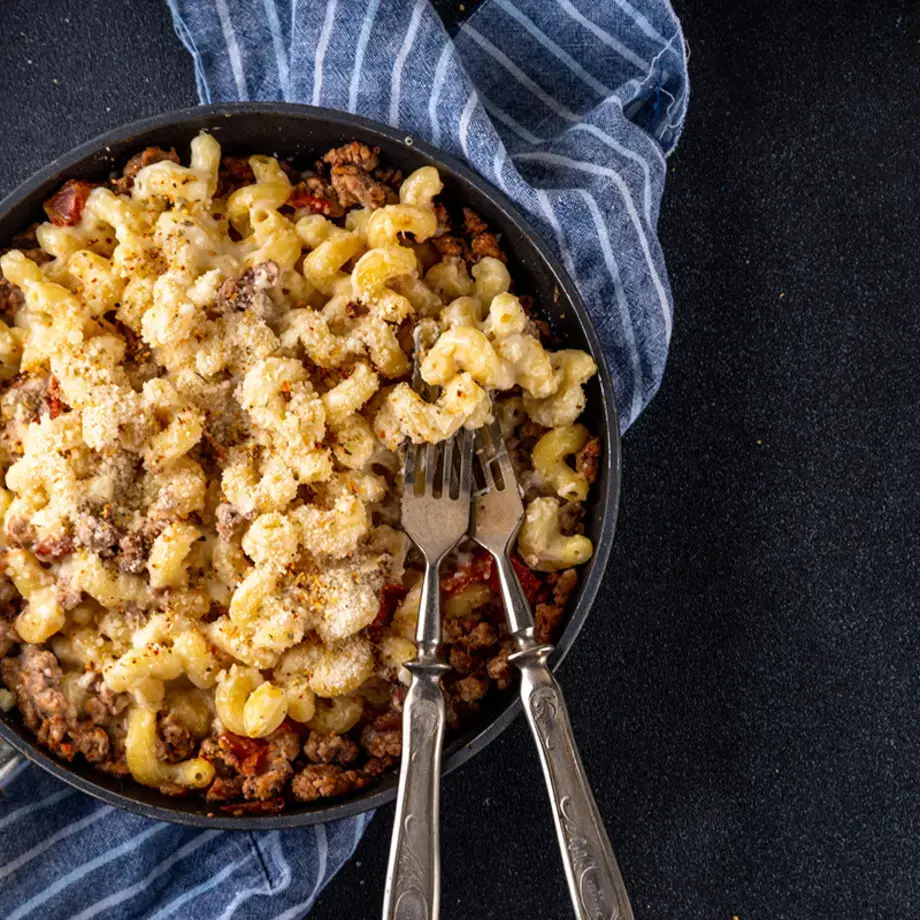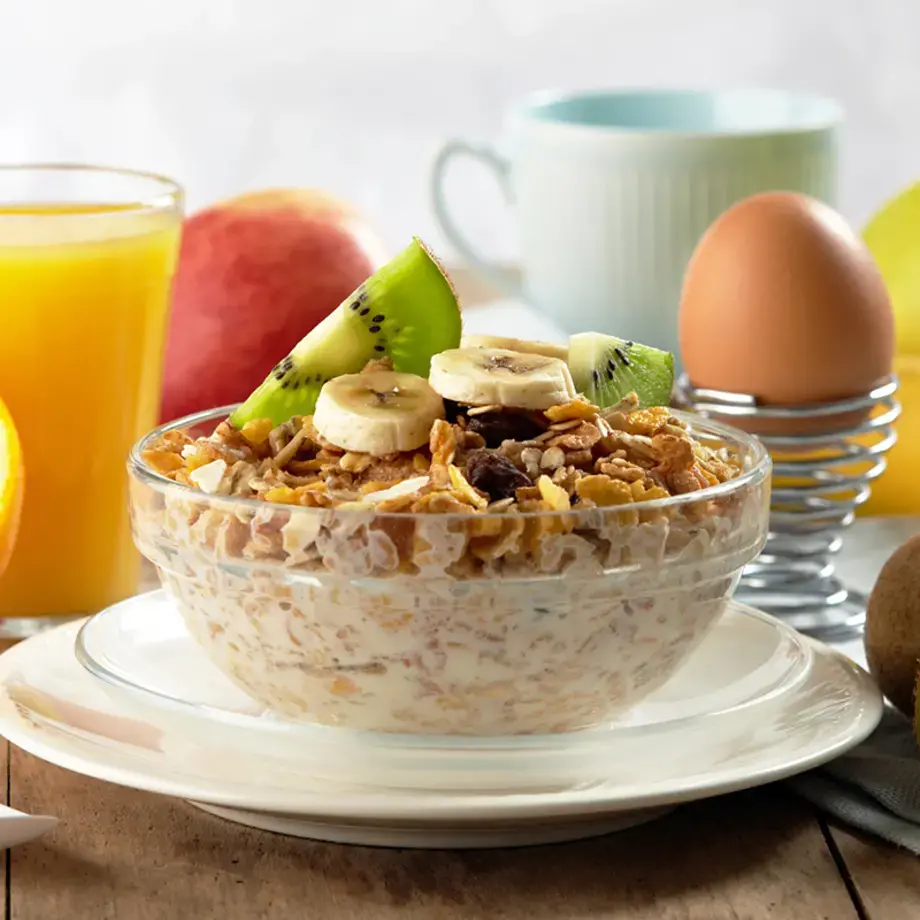Dandelion wine is sunshine in a bottle and can be enjoyed throughout the year. Not only is it easy and fun to make, but it has an incredible, complex yet subtle character that has been compared to sweet Champagne. Slightly effervescent, summery, floral, and sweet, dandelion wine pairs with so many foods, from salads to white meat, vegetables to fish. It can also be used for cocktails, so you can have fun mixing your own signature summer drinks.
Dandelion wine takes at least six months to mature, but you can keep it longer, up to two years. The alcohol content is mid to low, so it’s perfect for those who want to limit their booze intake.
How to make dandelion wine
The first thing you need to do is collect as many dandelion flowers as possible. Pick them from a garden or field that you know hasn’t been sprayed, to avoid nasty pesticides. As you pick them, brush them gently to remove any insects hidden inside. By removing the flower of the plant and leaving the stem, you will allow the plant to bloom again, which will help keep your lawn wild and vibrant and a haven for bees and other pollinators.
Prepare the flowers
Once collected, take the flowers indoors and remove the yellow petals from the green calyxes. The calyx is the green flower skirt. Try to remove as much of the green as possible as if this gets into your wine it may affect the flavor, making it bitter. Compost the leftovers.






